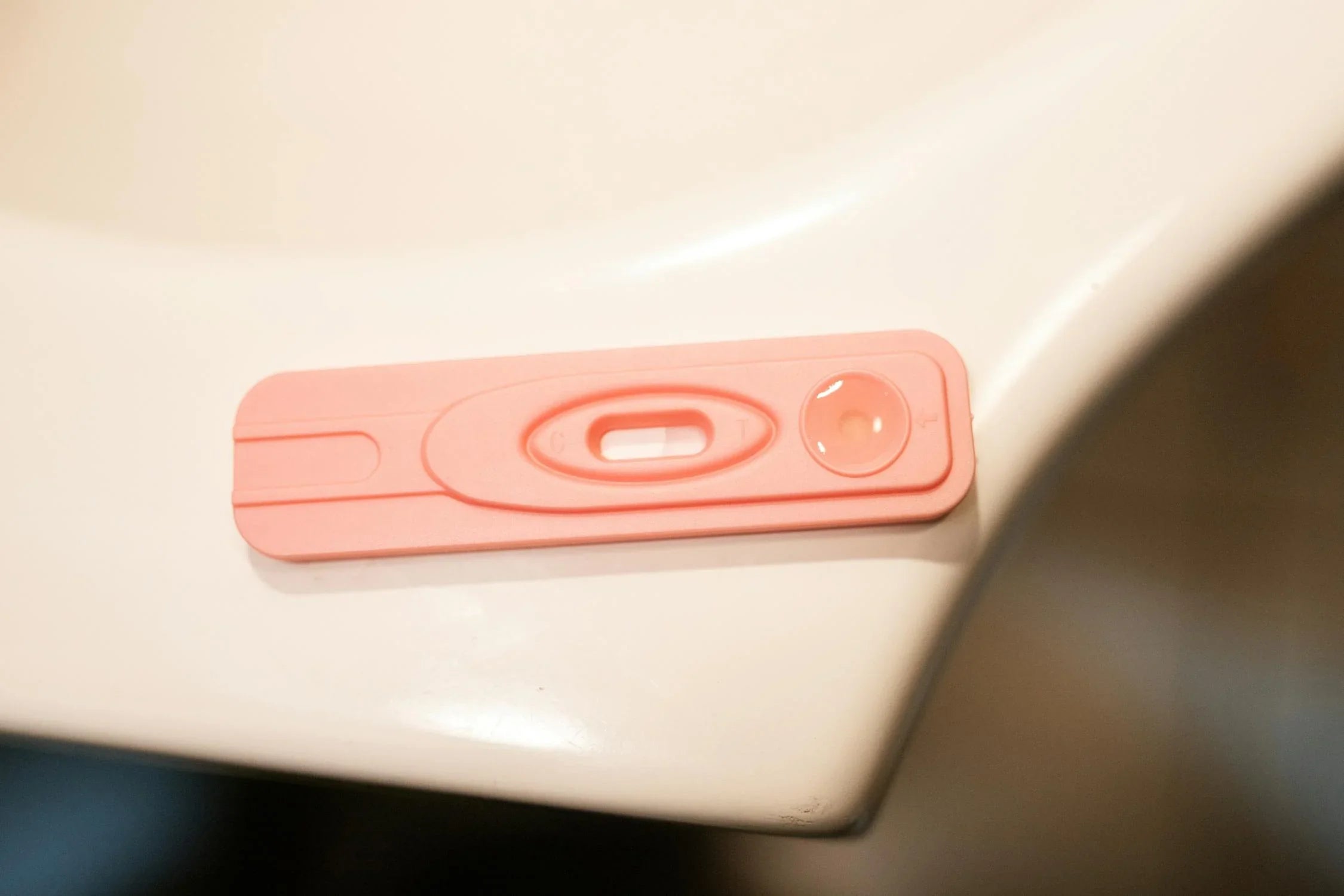Home
Pregnancy, Breastfeeding, and Pumping: The Ultimate Guide for Moms
Can Alcohol Change a Pregnancy Test? Exploring the Facts

Can Alcohol Change a Pregnancy Test? Exploring the Facts
When it comes to pregnancy tests, accuracy is paramount. Many women wonder if external factors, such as alcohol consumption, can alter the results. The short answer is no—alcohol does not directly change the outcome of a pregnancy test. However, understanding how pregnancy tests work and the factors that can influence their accuracy is essential for peace of mind.
How Pregnancy Tests Work
Pregnancy tests detect the presence of human chorionic gonadotropin (hCG), a hormone produced by the placenta after a fertilized egg attaches to the uterine lining. Most home pregnancy tests are designed to identify hCG in urine, and they are highly sensitive to this hormone. Alcohol, on the other hand, does not interfere with the production or detection of hCG.
Common Misconceptions About Alcohol and Pregnancy Tests
One of the most prevalent myths is that alcohol can cause a false positive or false negative result on a pregnancy test. This misconception likely stems from the broader concerns about alcohol consumption during pregnancy. While drinking alcohol during pregnancy is strongly discouraged due to the risk of fetal alcohol syndrome and other complications, it does not affect the accuracy of a pregnancy test.
Factors That Can Influence Pregnancy Test Results
While alcohol is not a factor, several other elements can impact the reliability of a pregnancy test. These include:
- Timing: Taking a test too early can result in a false negative, as hCG levels may not yet be detectable.
- Expired or Faulty Tests: Using an expired or defective test can lead to inaccurate results.
- Improper Usage: Not following the instructions carefully, such as not using the first-morning urine, can affect the outcome.
- Medications: Certain medications, particularly those containing hCG, can interfere with test results.
Why Alcohol Consumption During Pregnancy Is a Concern
Although alcohol does not change the results of a pregnancy test, its consumption during pregnancy is a significant concern. Alcohol can cross the placenta and affect the developing fetus, leading to a range of developmental issues. The safest approach is to avoid alcohol entirely if you are trying to conceive or suspect you might be pregnant.
What to Do If You Suspect Pregnancy
If you believe you might be pregnant, the best course of action is to take a home pregnancy test using your first-morning urine, as it contains the highest concentration of hCG. If the test is positive or if you have any doubts, consult a healthcare professional for confirmation and guidance.
Debunking Other Pregnancy Test Myths
In addition to the myth about alcohol, there are several other misconceptions surrounding pregnancy tests. For example, some people believe that drinking excessive water can dilute hCG levels and cause a false negative. While hydration is essential, overconsumption of water before taking a test can indeed dilute urine and potentially affect the results. It’s always best to follow the test instructions carefully.
The Importance of Accurate Testing
Accurate pregnancy testing is crucial for making informed decisions about your health and future. Whether you’re hoping for a positive result or not, understanding the science behind pregnancy tests and the factors that can influence their accuracy will help you navigate this important moment with confidence.
So, can alcohol change a pregnancy test? The answer is clear: no. However, staying informed about the factors that do matter—such as timing, proper usage, and avoiding expired tests—will ensure you get the most reliable results. If you’re ever in doubt, don’t hesitate to seek professional advice. Your health and peace of mind are worth it.
Share
